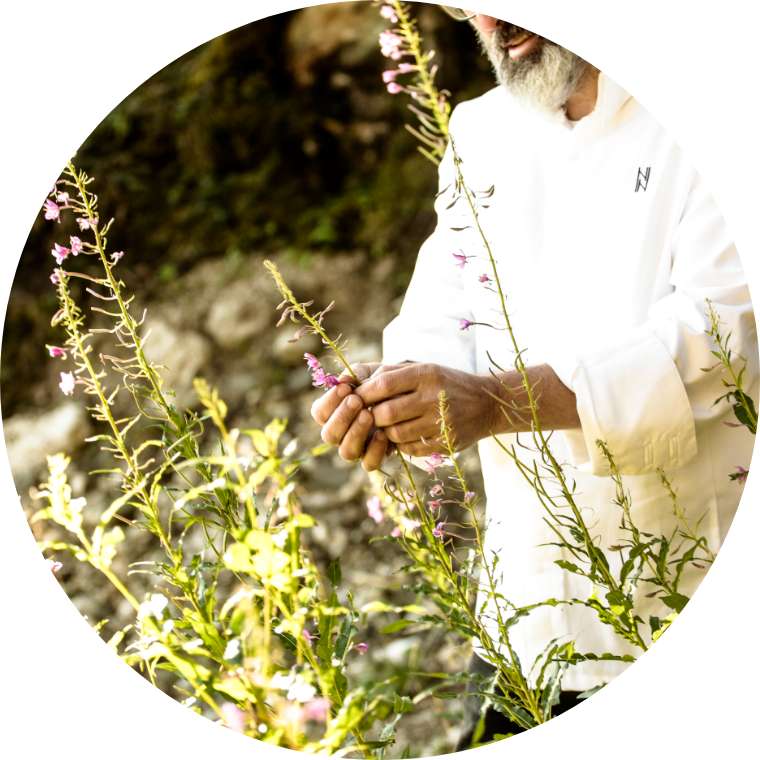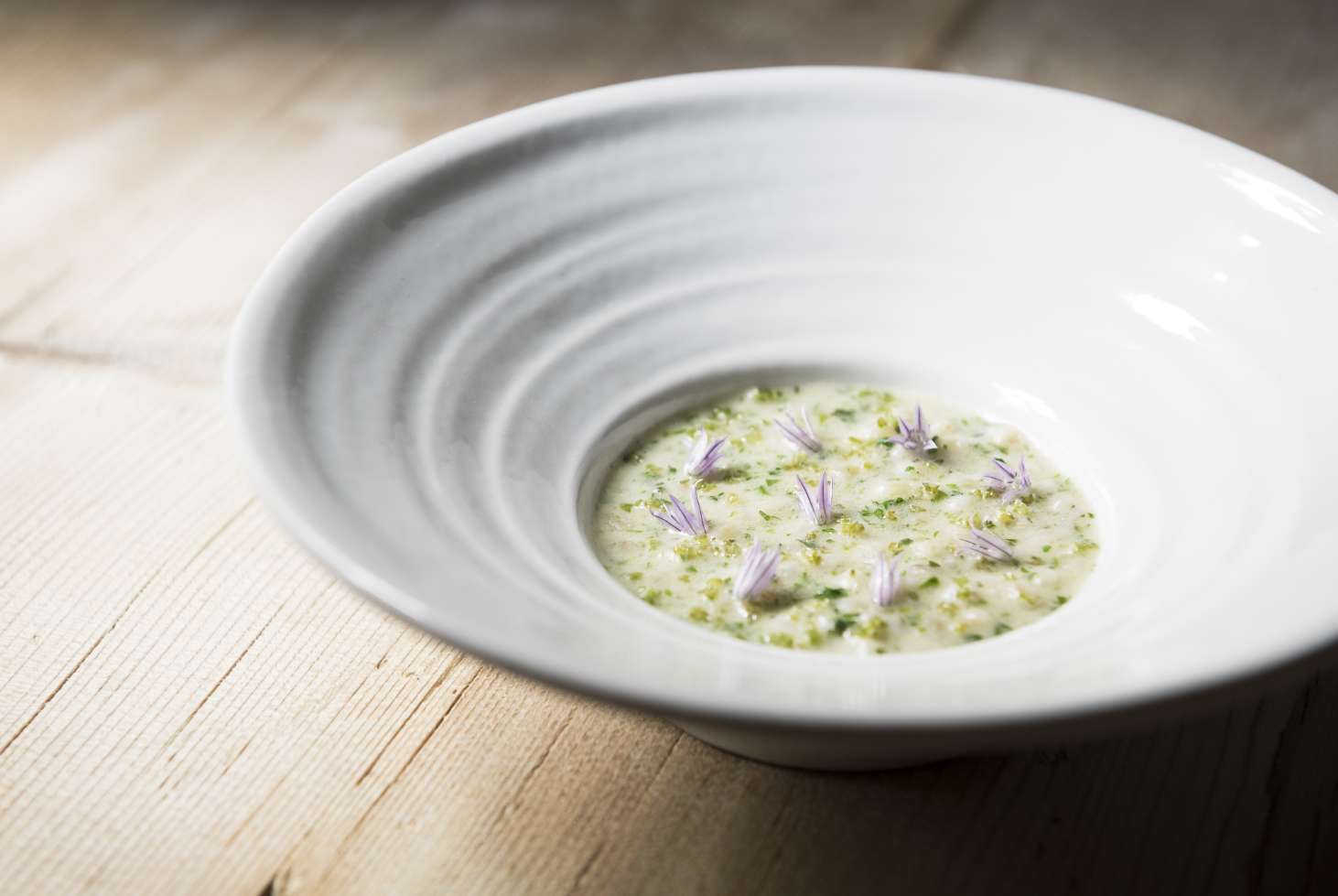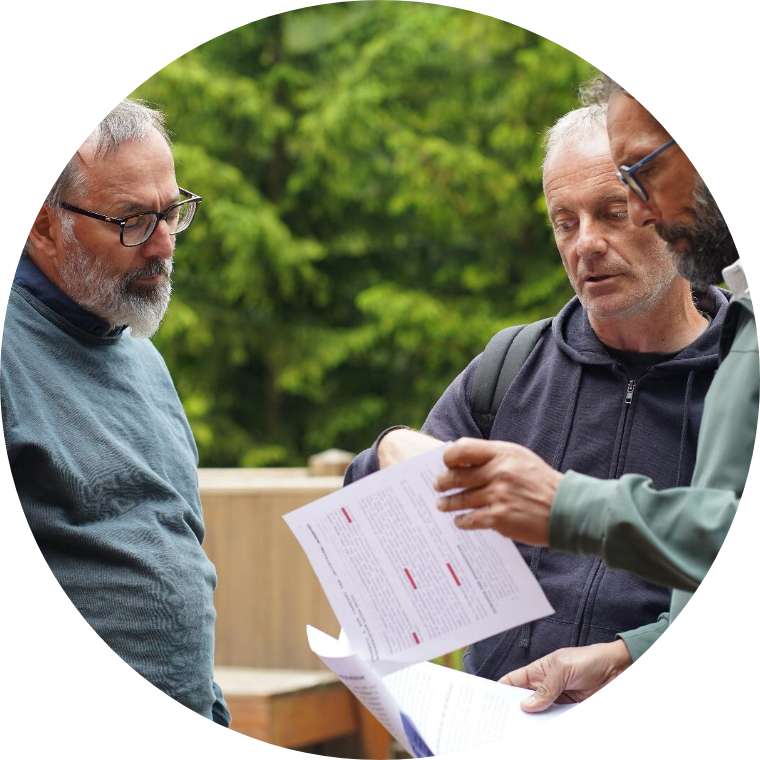A new style of travelling? On the steps of local food & wine products.
A focus on the type of development that helps a country.

“We need farmers, poets, people who can make bread, love trees, and recognize the different winds. More than growth, what we need is care. Care for those that fall, care for the sun rising and setting, care for growing children. Care, too, for a simple streetlight, or peeling wall. You want to be revolutionary? Remove, slow down, and care more for silence, light, fragility, kindness.” 1
I decided to borrow these verses by Franco Arminio, a poet and paesologist from Campania, because they more than others fit the journey I am on, here in South Tyrol. A land that is apparently cold and hard, man here was able to create a deep, lasting relationship with nature based on values such as respect and sharing. This is a land where people are still able to slow down to take care of their paths, woods, mountains, rivers, and glaciers.
This is a land where people are still able to give nature what it needs: care.

Here, the awareness we are all part of a “equi-system” is very strong, and there are many ‘masters’ ready to help in your quest, one more than others.
Italy is famous all over the world for its food, healthy and of high quality, for the food it produces and for the talent of those that can transform great raw materials into delicacies.
Today we are in South Tyrol, in San Cassiano in the Alta Badia area to be precise - a beautiful setting to meet a real virtuoso when it comes to mountain cuisine: the three-star chef Norbert Niederkofler.
The Alta Badia region is considered a sort of high-end laboratory when it comes to food, and what better guide than Norbert Niederkofler to show us around?
You were born and raised here, right?
- I was born in the Aurina Valley, basically right at the foot of Italy’s highest mountain, actually. But I’ve been living in the Badia Valley for 27 years - I think I’m a local by now.
Was it here that you trained professionally?
- No, I left South Tyrol when I was 17. Back then I loved skiing and partying; I wanted my freedom. It was only later, when I was in Germany, that I started looking into the world of catering. I ended up working in the business for 15 years, all over the world, to learn every secret.
How were you able to mix your travel experience and the local cuisine? After all, your dishes are deeply rooted in this area, in this land that you have chosen as your own.
- In 1996 we opened a totally different restaurant, one that included everything I had seen and learned during the past few years I had spent between New York and Munich.
In brief, it was an international restaurant. It was only in 2008 that I decided to change course - take a step backwards, if you like. My new mission was to respect nature, the place we live in; I invented the idea of “Cook the Mountain”.
With that philosophy in mind, I completely changed our menu and eliminated all traces of internationality. For example, I don’t use greenhouse-grown fruit or vegetables, olive oil, or citrus fruit. I’ve also eliminated vacuum packaged products; Everything is cooked naturally.
Today, our kitchen boasts a synergy with nature, which is exactly what gives us our rhythm, our balance.

Obviously you have nothing against Italian olive oil or citrus fruit, but that’s not products you can find here. What you can find is mountain pine, so that’s what you’d rather use, because it’s right here, it doesn’t need to travel miles to get to you, and it is typical of the area.
- And especially because, when you have clients from all over the world, it makes no sense to offer them something they can find just as easily in New York or Tokyo. The best option is to provide them with what local nature can offer,
titillating all the senses.
- Yes, all of them.
Someone like you, that reaches the highest peak chefs anywhere in the world can reach, suddenly decides to give up everything he knows and chooses instead ingredients that are hard to work with and hard to offer. Why? Was it a choice, a challenge? What was the reason behind making your life harder?
- It was almost a forced choice, really. I was no longer happy with what I was doing, and by choosing this path I was able to go back to my roots, to what cooking really meant to me.
In a mountain hut, the kitchen is the most welcoming, charming place of all: it’s warm, there’s a large table where family and friends can gather, there is chatter and laughter and food.
So what I tried doing was talking to my guests, asking what they expected in coming to us, And the common answer was “nature”. So that is how I understood that what I needed to do was restore the balance between nature and the cuisine we offered.
You teach many young people that come here attracted by your fame, your Michelin stars, and the fact that you were able to create your own idea of cooking. But how do students and guests take to your project?
- I always invite everyone to observe our work and - more importantly - to put it in context. I started “Cook the Mountain” because I am in the mountains.
Those who live in Sardinia or in Calabria, on the other hand, can start “Cook Sardinia” or “Cook Calabria” - After all, the main idea is to preserve the nature around you. This is the only way to protect both nature and food culture.
“Balance is what is most important: The best things, after all, are those that aren’t too much or too little, too slow or too fast. If you want to live, you need to follow the right rhythm.” That’s what Norbert said as we waved goodbye.
And it was this thought that stayed with me along the paths and near the rivers, the trees and the lakes, the valleys and the peaks, all natural elements that people here see as part of their home, friends to take care of and not forget once the door is closed.
This is the real balance between man and nature, ethics and aesthetics, life and death, light and dark, the real meaning of our existence.
Thank you, Norbert. Thank you, Master.

Images Credits:
© Alex Moling
© Daniel Töchterle
A new style of travelling? On the steps of local food & wine products.
A focus on the type of development that helps a country.
Not just health: an in-depth analysis of a sustainable diet that also features environmental, economic, and social benefits.
